Hanoi Scientists and managers believe that to successfully implement the Strategy for Science, Technology and Innovation Development to 2023, it is necessary to quickly complete the mechanism, accepting delays and risks in science.
The information was shared at the annual conference on "Vietnam's Science, Technology and Innovation Development Strategy to 2030 - Policy and Practice", organized by the Ministry of Science and Technology in coordination with Hanoi National University, Ho Chi Minh City National University, Vietnam Academy of Science and Technology, and Vietnam Academy of Social Sciences on the morning of December 15.
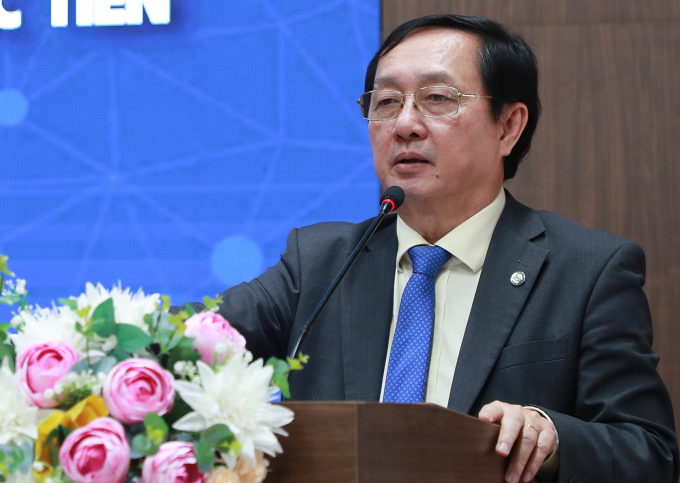
Minister Huynh Thanh Dat speaks at the conference. Photo: VNU
Deputy Minister of Science and Technology Hoang Minh said that the implementation of the Strategy for Science and Innovation Development to 2030 has proven that the Strategy is important and decisive in creating breakthroughs in improving productivity and quality.
He said that immediately after the Strategy was issued, many specific actions were implemented by the Ministry of Science and Technology, perfecting the legal basis and focusing resources to implement strategic contents on science, technology and innovation; perfecting the national innovation system in which enterprises play a central role, research institutes and universities are strong research entities; focusing on building and improving core technology capacity, promoting quality productivity, taking advantage of the 4th Industrial Revolution...
Ministries, localities, research institutes, universities... also participated in issuing industry strategies and implementing them according to the functions of each field. However, in the implementation process, besides the advantages, he also pointed out the difficulties.
He acknowledged that in the implementation cycle, deployment is the central stage that connects the whole. "A strategy, no matter how good or innovative its content is, will be difficult to put into practice if it is not effectively implemented," he said. This is not only the task of the science and technology sector but also of all sectors and levels. Therefore, it is necessary to have the proactive participation and continuous support of all ministries, sectors, localities, enterprises, research institutes, and universities.
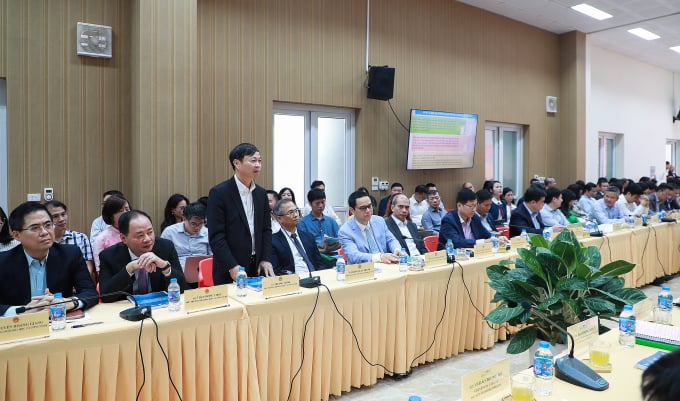
Deputy Minister Hoang Minh presented a paper at the conference. Photo: VNU
Accordingly, in the 5 groups of solutions, in the third group he proposed focusing on removing legal and policy barriers, especially with economic and financial policies for investment in science and technology activities.
He emphasized that "the bottleneck hindering the development of science and technology in contributing to the socio-economy lies in the financial and economic policy mechanism". It is necessary to build a unique and outstanding policy mechanism to promote the development of science and technology, in accordance with the nature of science and technology which is about delay and risk. This allows the new policy mechanism to accept risks, experiment with implementing new policies and new business models.
Mr. Ta Minh Tuan, Vice President of the Vietnam Academy of Social Sciences, also expressed his views on the need to improve the law to remove obstacles and promote the development of science, technology and innovation. He emphasized that a good system of policies and laws, suitable for practice, will play a key role in creating and promoting a strong team of scientists and policy makers. Only then can a stable legal environment be created to encourage scientists and businesses to build long-term and stable plans. The law must be a particularly important tool to protect intellectual property rights, protect ideas and creative products, thereby promoting research, innovation, inventions and patents; building trust and motivation to promote investment in the fields of science, technology and innovation.
Discussing at the conference, Prof. Dr. Vu Minh Giang, Chairman of the Science and Training Council of VNU, raised three points for Vietnam's science and technology to develop and successfully implement the Strategy. He also hopes that policies will be adjusted in a direction that is suitable for Vietnam's circumstances and serves development needs. Regulations need to be clarified and focus on output products in documents used as a basis for reviewing topics and tasks. It is necessary to consider what level of quality products are appropriate, what conditions are needed to do this (factory, finance, human resources), and how responsible the acceptance council is (that is, pay attention to the assessment so that participants have high and long-term responsibility).
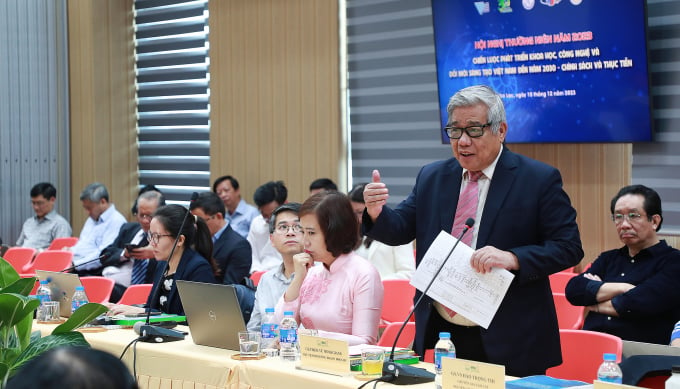
Professor Vu Minh Giang gave his opinion during the discussion. Photo: VNU
Professor Giang believes that in order to affirm the position in the international arena, the policy is encouraging international publication. However, he believes that this is only a small part, another important thing to do is to invest in raising the level of existing Vietnamese scientific journals to international level.
At the conference, many opinions were given about transparency in reviewing tasks, autonomy in research units, cooperation between major research institutes and universities to form strong research groups to jointly solve major problems, share data and resources.
Associate Professor Dr. Pham Bao Son, Vice President of Hanoi National University, said that before the conference, the leaders of the five units agreed to discuss and find solutions to implement the Strategy and policies to create the most favorable environment for scientific research and technology development. "The process of building policies and legal documents really needs the participation of scientists, managers and businesses to help these policies soon come into practice," he said.
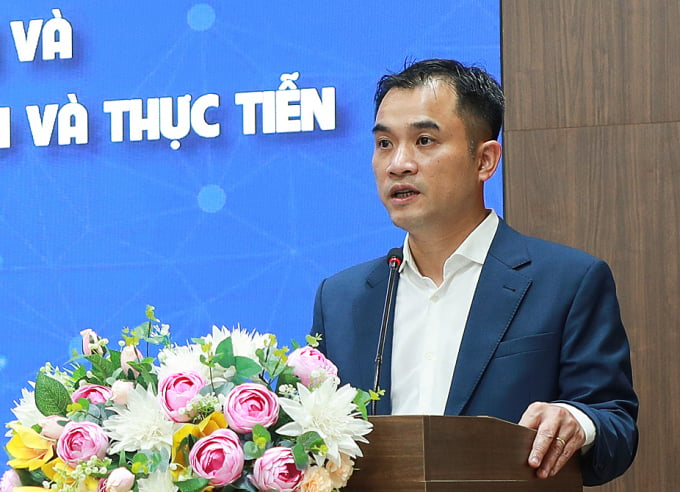
Associate Professor Pham Bao Son speaking at the conference. Photo: VNU
Minister of Science and Technology Huynh Thanh Dat highly appreciated the comments at the conference. He said that since 2021, the Ministry of Science and Technology, together with 2 Academies and 2 National Universities, has signed a Cooperation Program for the period 2021-2025 with the aim of providing policy advice and sharing information on achievements, research products and typical training. The program also aims to build a linkage model between the country's leading research and training agencies and units to promote common strength to solve important national issues.
After two years of implementation, the Minister assessed that "the 5 agencies have had close coordination and many national science and technology programs until 2030 were also consulted during the development process". This activity mobilized the strength of many scientists at the country's 4 leading research institutions. Accordingly, the comments contributed at the conference were used by the Ministry of Science and Technology as important input data in developing recommendations to higher-level agencies and developing science and technology policies in the coming time.
Tu - Quynh
Source link


![[Photo] Prime Minister Pham Minh Chinh meets with King Philippe of Belgium](https://vstatic.vietnam.vn/vietnam/resource/IMAGE/2025/4/1/be2f9ad3b17843b9b8f8dee6f2d227e7)


![[Photo] Close-up of Vietnam's sniffer dog team searching for earthquake victims in Myanmar](https://vstatic.vietnam.vn/vietnam/resource/IMAGE/2025/4/1/d4949a0510ba40af93a15359b5450df2)
![[Photo] General Secretary To Lam receives King Philippe of Belgium](https://vstatic.vietnam.vn/vietnam/resource/IMAGE/2025/4/1/e5963137a0c9428dabb93bdb34b86d7c)
![[Photo] President Luong Cuong and King Philippe of Belgium visit Thang Long Imperial Citadel](https://vstatic.vietnam.vn/vietnam/resource/IMAGE/2025/4/1/cb080a6652f84a1291edc3d2ee50f631)


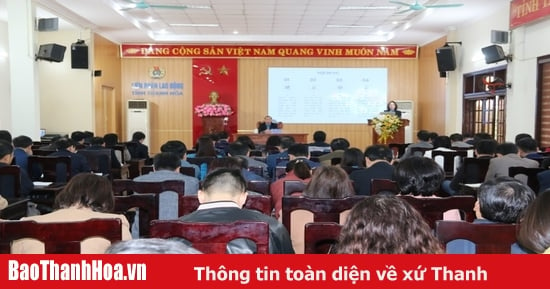

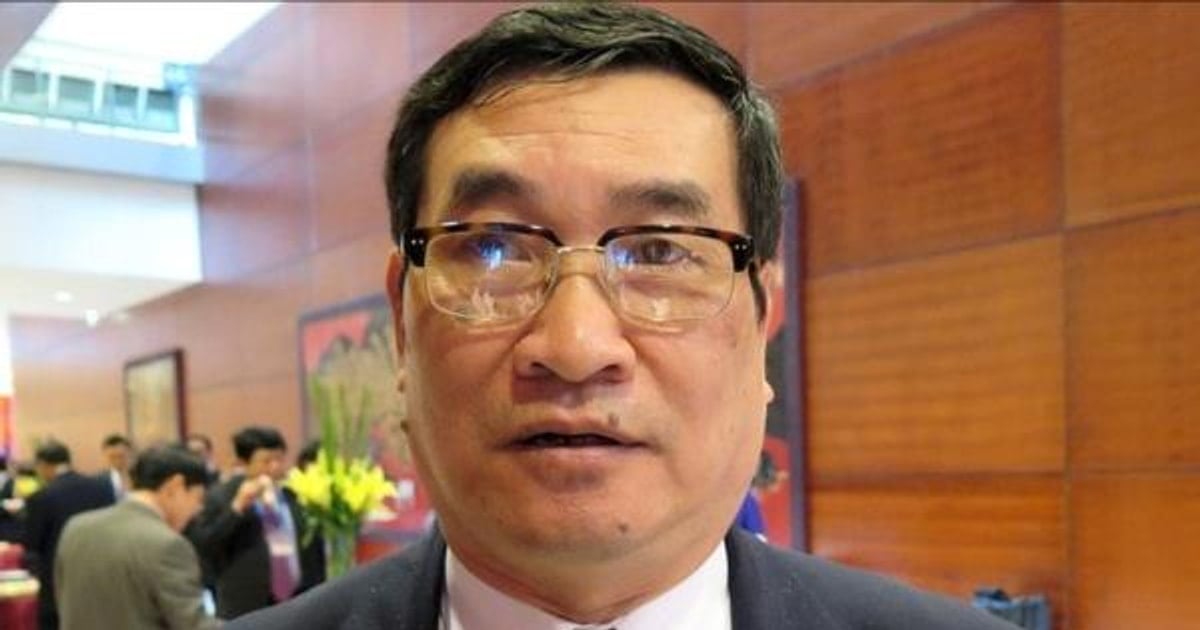

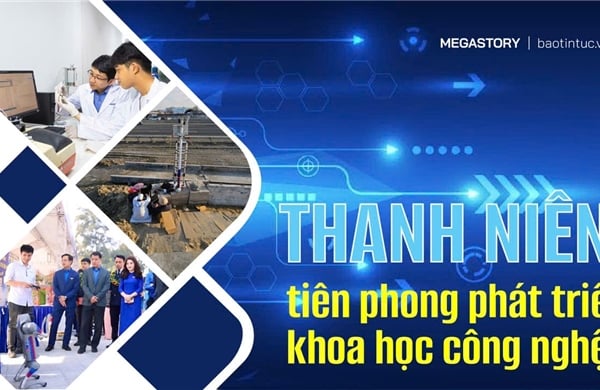

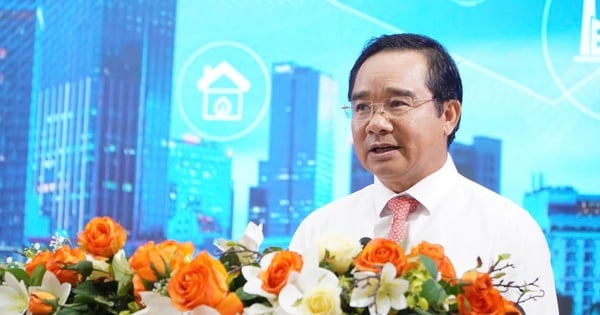

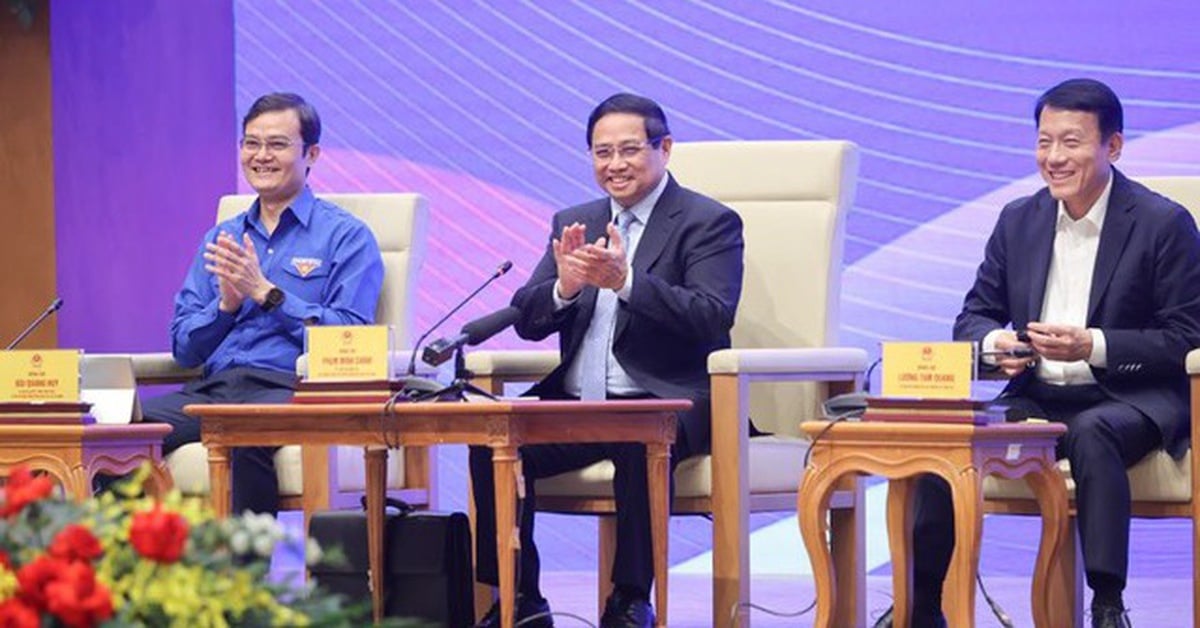

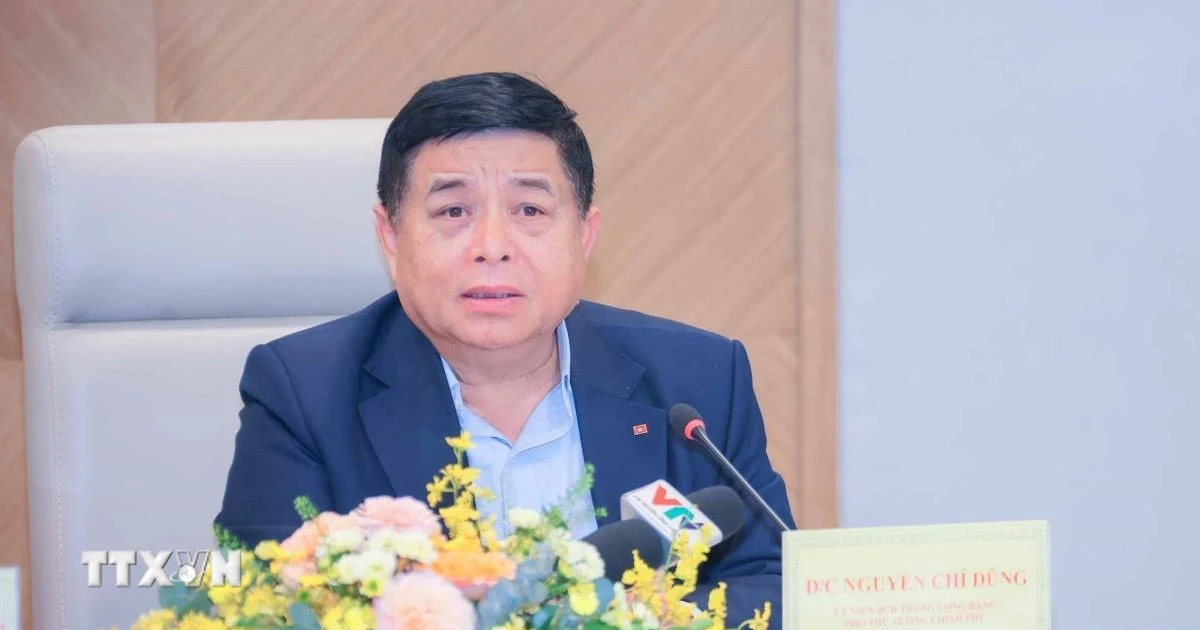
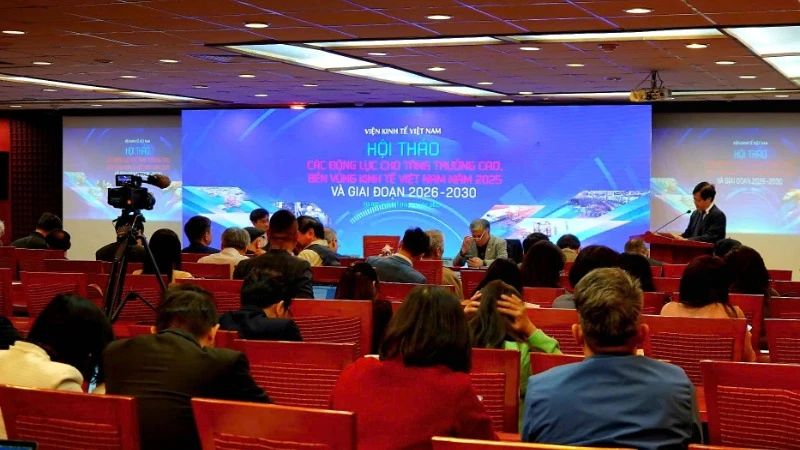














![[Photo] Myanmar's capital in disarray after the great earthquake](https://vstatic.vietnam.vn/vietnam/resource/IMAGE/2025/4/1/7719e43b61ba40f3ac17f5c3c1f03720)









































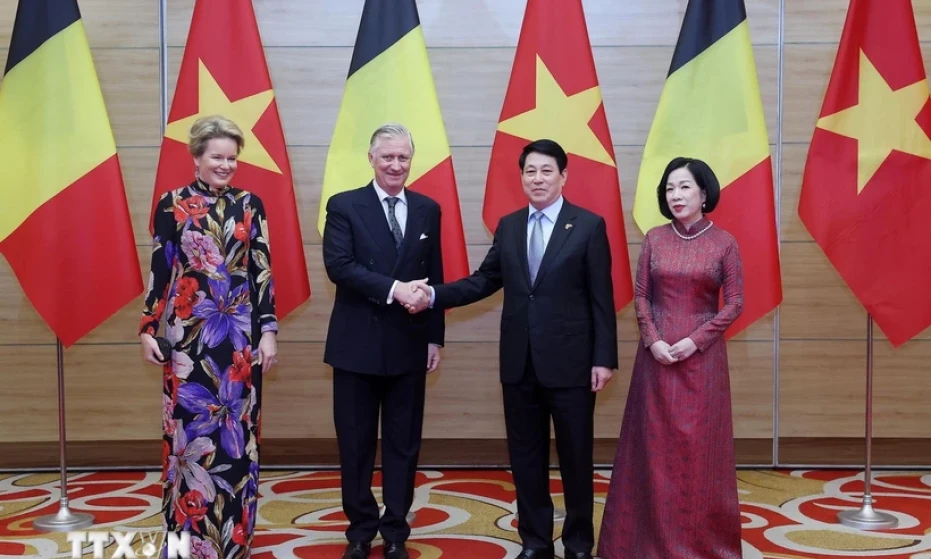





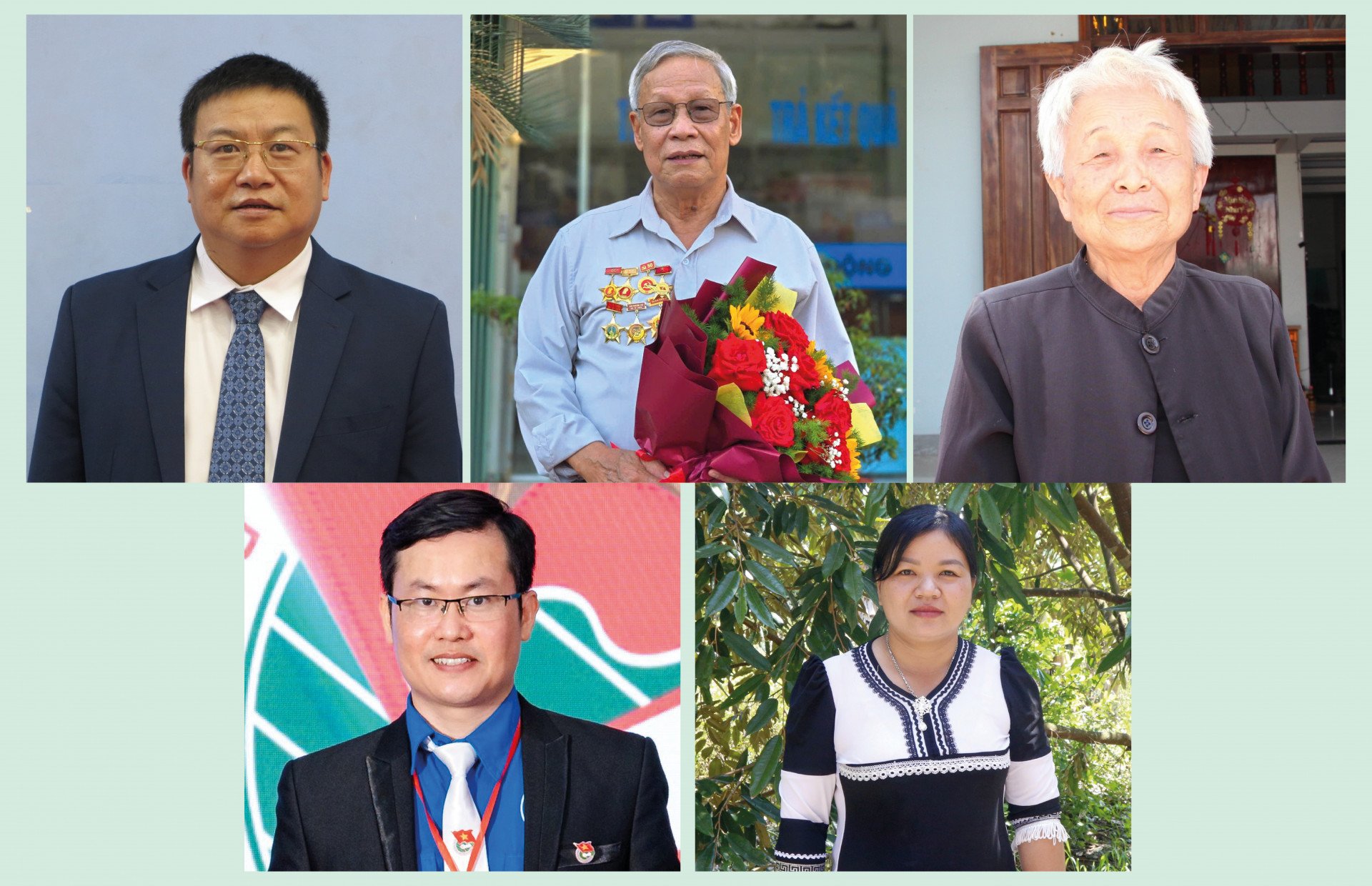












Comment (0)